Crime and Punishment; a review
"Crime and Punishment" exemplifies the fine line that introversive comedy treads alongside debilitating self-doubt.

"Crime and Punishment", to me, is Seinfeld-esque at times. Each character’s personality is critiqued by an omniscient narrator in order to expose their conceitedness, just like the laugh track does in a modern sitcom. Dostoyevsky, if not for his depressing existence in Moscow[1], could have been a great comedian.
He constructs a protagonist who is frustratingly ambitious, yet lazy. Perhaps we all know someone like this from our young adult years.[2] Raskolnikov has ambitions of being a "great man", like Napoleon, whose crimes are expunged once his greatness is solidified. He is drawn to commit his own crime, which he believes could contribute to his own rise. Yet, his tabula rasa is the just the lowly murder of an old pawnbroker. The purpose of the crime was also less grandiose than Napoleon's interest in uniting[3] France. Raskolnikov only intended to free his mother and sister from their poor conditions[4]. The character's self-hatred and redemption arc echoes Dostoyevsky's own life. He was exiled to Siberia for discussing books critical of the Tsar, while his long-standing gambling problems created a financial dependence on others.[5]
The novel rapidly evolves into a psychological thriller, keeping pace with the franticness of Raskolnikov's deteriorating mental state. It explores the psyche of a criminal while capturing the guilt, uncertainty and paranoia associated with crime. The reader begins to hope that criminals will not just seek penance, but rather, have it thrust upon them. In this novel, said penance takes the form of remorse that wracks Raskolnikov’s every waking hour. The last two-thirds of the text flow together effortlessly, as the protagonist's aspirations extinguish as surely as a burning candle.
"Crime and Punishment" exemplifies the fine line between introversive comedy and debilitating self-doubt. A thriller of a novel that went on to become one of the canonical texts of all time.
With both parents dying while he was in his teens, his ostracism at university, gambling addiction and exile to Siberia. ↩︎
Maybe one of your entrepreneurial friends ended up as a drug dealer, or a well-read friend couldn't pass a University class to save their life. ↩︎
And ruling. ↩︎
Ironically, Raskolnikov is partially the cause, as he drops out of University and refuses to find a job, thus requiring his family to look after him financially. ↩︎





